Microsoft on Thursday released an early version of Windows Bridge for iOS, a set of tools that will allow developers to port iOS apps to Windows.
Previously known as Project Islandwood, Bridge for iOS is still in an incomplete form and won't officially launch until sometime this fall, Microsoft said. Developers can however look at open-source code on GitHub, and the company is inviting people to contribute with testing, comments, and their own source code.
The iOS version of Bridge currently supports creating Windows 8.1 and Windows 10 apps built for 32- and 64-bit Intel systems. Users will have to wait for things like compiler optimizations and ARM processor support, the latter essential for phones and some tablets.
Other versions of Bridge are targeting Android and Web apps. Although the Android tools are available only in a private technical preview, the Web app tools are live and fully functional.
Microsoft has plotted an ambitious course for Windows 10, turning it into an universal operating system that can adapt not just to desktops, laptops, and tablets, but also phones and other devices. The company is hoping to have it installed on 1 billion devices with the next two to three years.
Along those lines, it's hoping to reinvigorate the Windows Store by attracting mobile developers who might normally skip Windows in favor of iOS or Android.
 Roger Fingas
Roger Fingas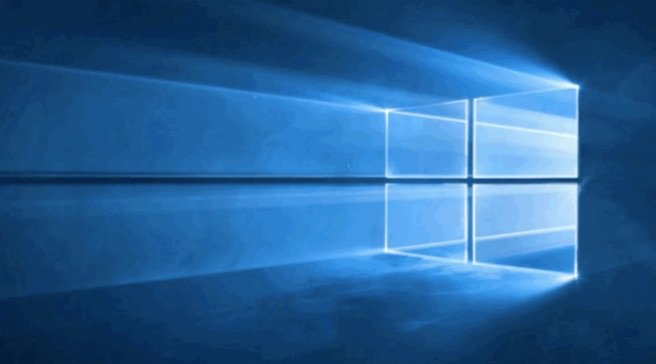
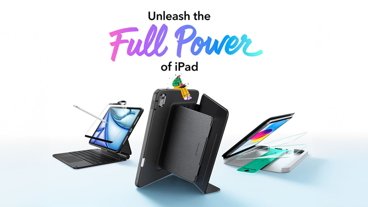


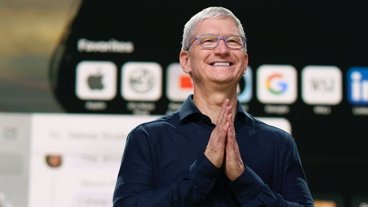
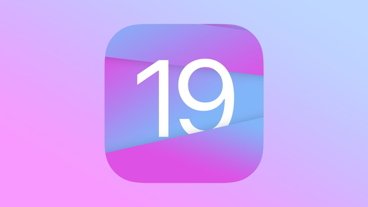



 Charles Martin
Charles Martin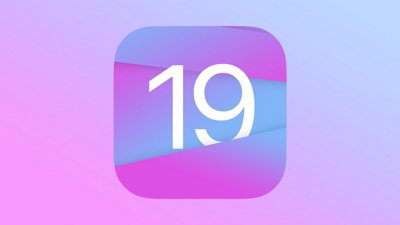
 Malcolm Owen
Malcolm Owen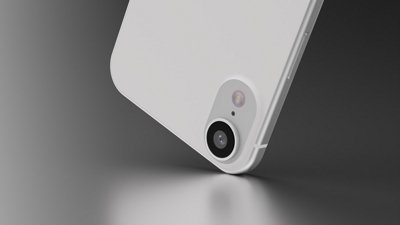
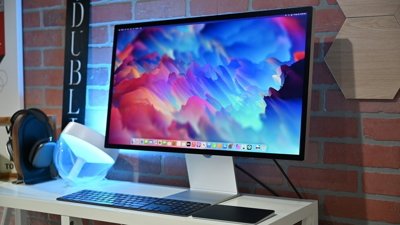
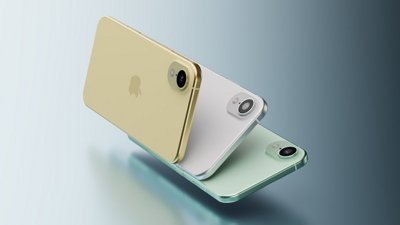
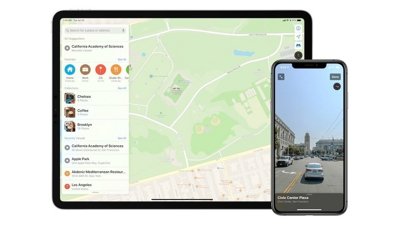
 William Gallagher
William Gallagher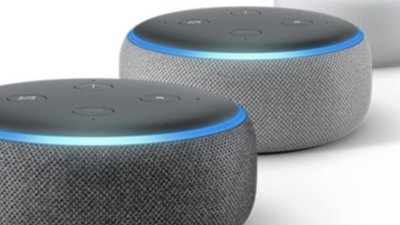
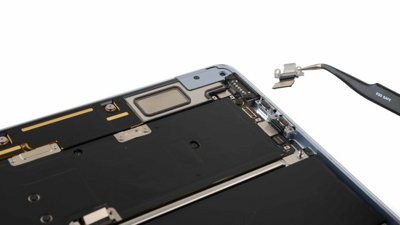
 Marko Zivkovic
Marko Zivkovic
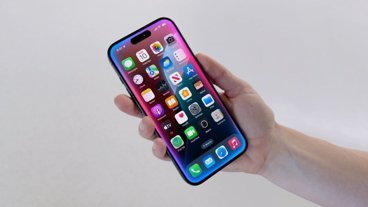






25 Comments
How the tables have turned. Good Luck, MS. You'll need it.
hah - Windows Everywhere ! Still living the dream
Good luck with that. The list of gotchas in just converting code without writing for the platform is massive.
This is a de facto endorsement of the concept of building for iOS first. Love it.
Let's not forget all the millions of computers around the world using Windows, and MS is smart for building it out for other developers. They're seizing on the opportunity Google and Apple have given them by running increasingly closed systems. They had to lose a decade to humility but they're doing some really interesting things. MS has had a long period of penance for all its past transgressions, but don't forget the tens of millions of PCs in the world that are running Windows. They're smart to capitalize on being a universal platform, because Google and Apple have definitely gone in the other direction. In the long run, open platforms typically win the game. Remember Classic Mac OS, it was totally closed and it is dead now. MS learned this lesson in time and by being more open. Not saying every single thing they make is wonderful, but they're back in the game for sure and they're in it for the long haul.